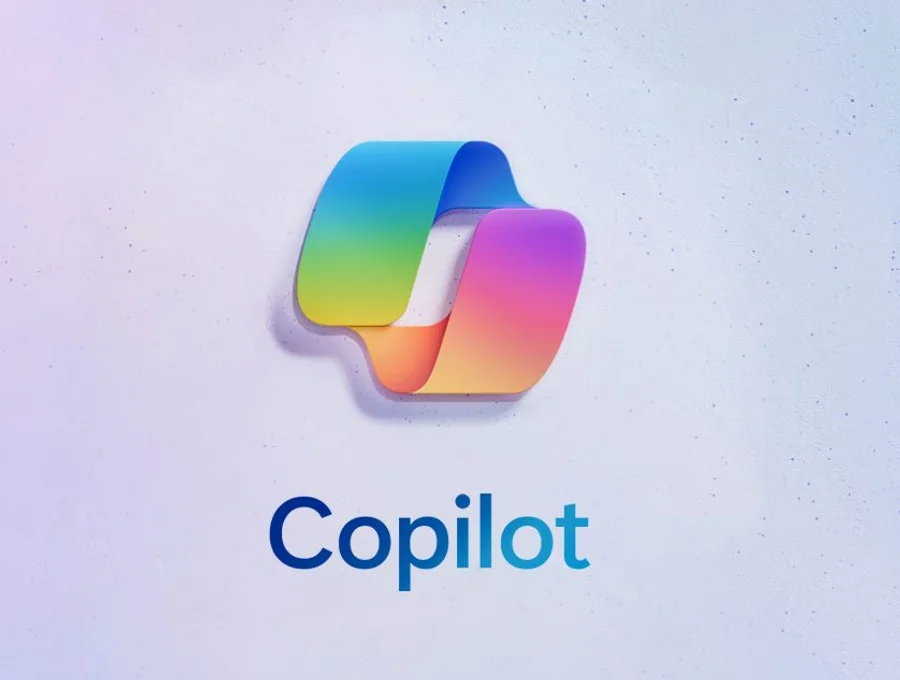Nokia and Lenovo are partnering to provide secure and fast networks AI data centres need to handle their workloads
Although AI is on a rampage revolutionising industries, the delicate ecosystem of associated technologies need to support it often goes unsung.
AI data centres for one, are the backbone of the AI revolution and as AI continues to evolve, the demand for high-performance computing and seamless data transfer grows exponentially. Meaning a network is needed.
This burgeoning landscape has prompted significant partnerships in the IT and telecommunications sectors, notably between Nokia and Lenovo, aimed at fortifying the networks that underpin the AI revolution.
Networking in AI data centres
AI data centres are designed to handle vast amounts of data, requiring sophisticated networking capabilities to facilitate rapid processing and storage.
The core functions of these networks are crucial during various phases of AI model development: data preparation, training, and inference. During the training phase, for instance, thousands of graphics processing units (GPUs) work in unison to analyse extensive datasets. This necessitates a network capable of supporting high-speed, low-latency communications between servers and storage systems.
Nokia’s Data Center solutions – which spans data centre fabric, IP routing and DDoS security portfolios, along with the recently announced data centre network automation platform, Event-Driven Automation (EDA) and Lenovo’s ThinkSystem AI-ready portfolio of high-performance servers and storage are set to play pivotal roles in this ecosystem.
By integrating these technologies, the partnership aims to create a validated blueprint architecture that automates AI workloads while enhancing observability and programmability. This is particularly vital as businesses seek to adapt swiftly to dynamic environments where performance demands fluctuate.
As reliance on AI grows, so too does the threat landscape. Cybersecurity has become a paramount concern for organisations deploying AI solutions. The Nokia-Lenovo partnership places a strong emphasis on security by incorporating real-time threat detection and mitigation strategies within their networking solutions.
This proactive approach is essential given the increasing frequency and sophistication of cyberattacks targeting data centres.
“By combining Nokia’s Data Center Fabric with Lenovo’s ThinkSystem portfolio, we deliver a high-performance solution designed to efficiently manage and automate AI/ML workloads with a strong emphasis on security.”
Vach Kompella, Senior Vice President and General Manager of IP Networks business at Nokia
This commitment to security is integral in ensuring that organisations can confidently deploy AI technologies without compromising sensitive data.
A sustainable future for AI infrastructure
In addition to performance and security, sustainability is emerging as a critical consideration in the AI data centres.
Both Nokia and Lenovo are committed to developing energy-efficient solutions that minimise operational costs while promoting eco-friendly practices. Lenovo’s Neptune liquid cooling technology exemplifies this commitment by providing an innovative method for cooling high-density compute clusters without excessive energy consumption.
“Lenovo has a longstanding commitment to deliver the most reliable and sustainable AI infrastructure. Our partnership with Nokia to bundle AI solutions is a natural alignment. Together, we provide a robust platform that meets the needs of telecommunications and enterprise sectors, enabling them to deploy AI clouds and manage their data efficiently.”
Charles Ferland, Vice President Edge and Communications Service Providers at Lenovo
The partnership between Nokia and Lenovo represents a significant step forward in securing the networks that power the AI revolution. By addressing the unique challenges posed by AI workloads—such as scalability, performance, security, and sustainability—these industry leaders are setting new standards for data centre technology.




